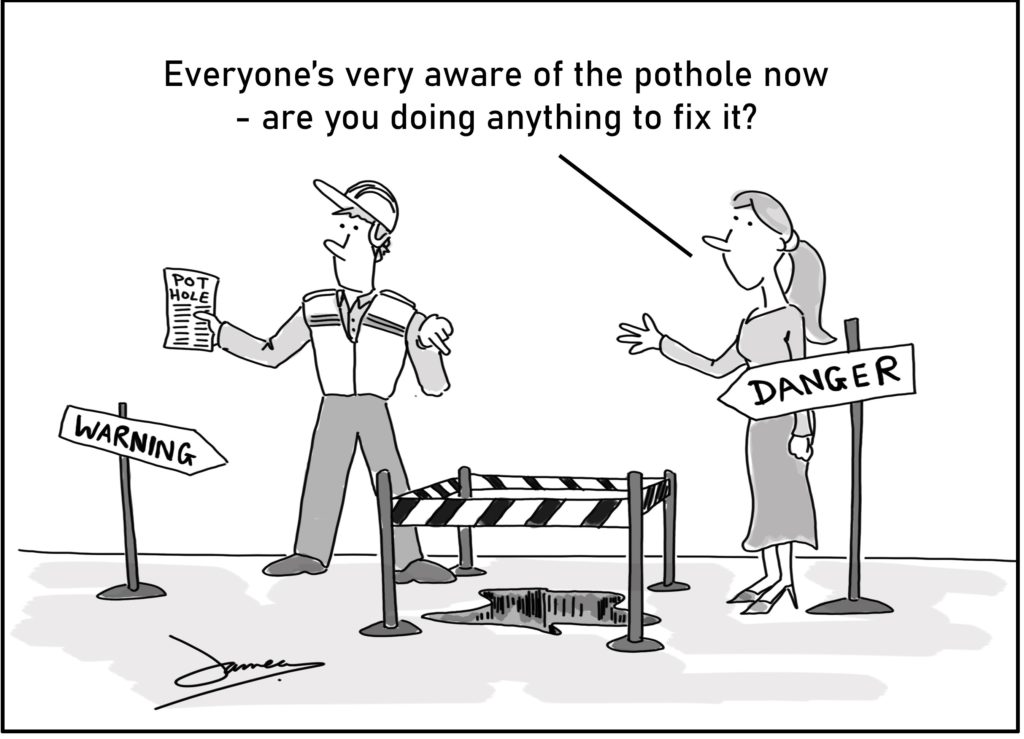Mental Health in the Workplace
6th April 2020

Raising Awareness
Raising awareness about mental health issues in the workplace is a beginning. The first step in finding a solution is always recognising that there is a problem. But awareness alone is not enough. If the newfound awareness is not followed up by serious attempts to deal with the issues or is only met with superficial answers there can be no real improvement.
It’s fantastic that my clients want resources on mental health in the workplace. For years I have been asked for stress management, resilience and wellbeing courses. However, I always felt these requests ignored the core issues of anxiety and depression.

Breaking Taboo
Now it seems those terms are no longer taboo in the workplace. We have even seen Premiership football matches pause to reflect on mental health before kick-off and Prince William has been very forthright in the media on the issue, spearheading the Heads Together initiative.
We are producing all kinds of resources on mental health in the workplace now and we welcome that. One particularly interesting piece of work was identifying student mental health issues for staff at University of Manchester. Another eight universities have gone on to commission the same course and tailor it for their institution.
Overseas Interest
What we didn’t expect was to get enquiries from overseas, in particular from many institutions in North America. Here the taboo is well and truly broken, with increasing numbers of students willing to self-report anxiety or depression. As a consequence, we have developed our first North American resources to service that need.
According to the American College Health Association-National College Health Assessment, between 2009 and 2015 the odds of a student having been diagnosed or treated for anxiety disorder rose by 68% and by 34% for depression. The chances of a student receiving campus mental health services rose by 30% during the same period, but what services were provided and what treatment received?
Tangible Support
We have had success – mental health is no longer a taboo in the workplace. We have raised awareness… But what actual help can people get? My e-learning courses have provided a gateway to the topic, to help with taking away the taboo of talking about, for example, depression. I hope the resources help managers on how to better support colleagues. But I hope that isn’t all that is on offer.
Can workplaces offer ten sessions with a psychotherapist, for example? Is that too much to ask? If we don’t support all this awareness raising without real support then I feel I am only colluding in a cosmetic offering for the workplace.
Mental health e-learning course from Marshalls
For more information on our e-learning courses, please contact our friendly team.


